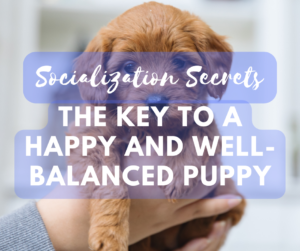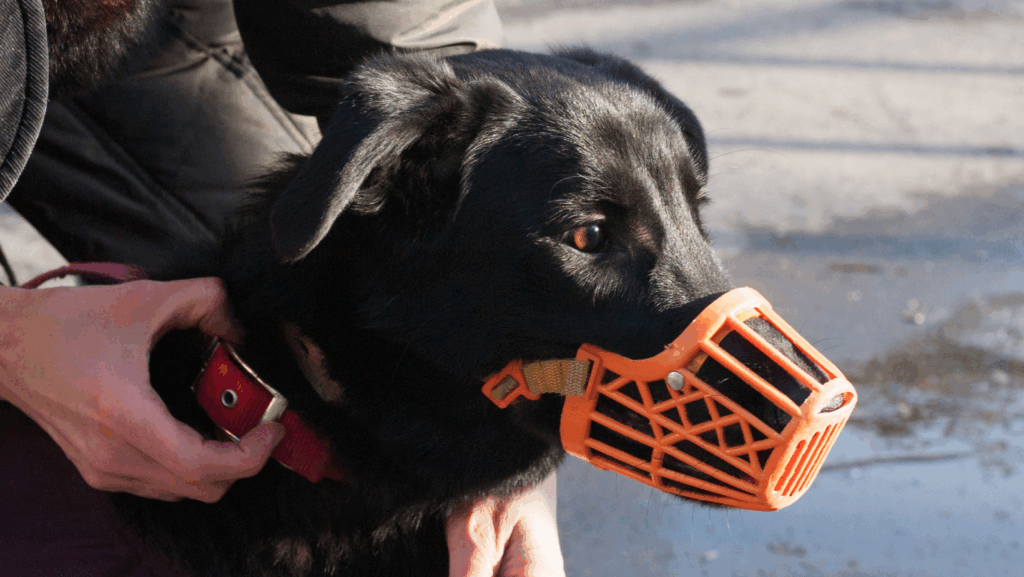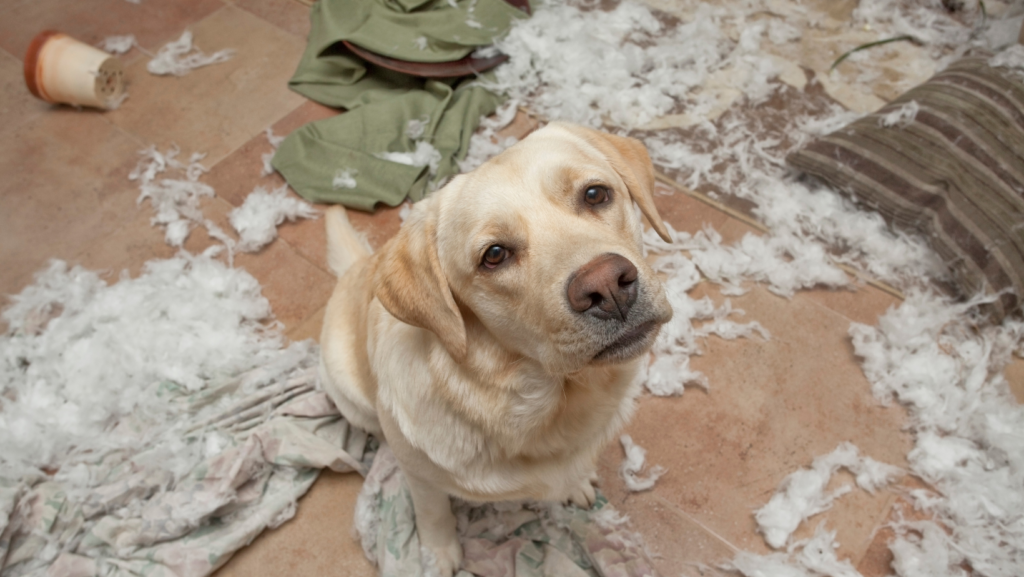Socialization Secrets: The Key to a Happy, Well-Balanced Dog and Puppy!
Welcoming a new puppy into your life is an unforgettable experience filled with boundless love and joy. As a new dog owner, you have the remarkable opportunity to shape your furry friend’s future through proper socialization. Beyond basic obedience training, socialization is the key to fostering a happy and well-adjusted pup.
**1. Start Early, Start Small:**
Introduce your puppy to new environments, people, and other dogs from an early age. Begin with controlled, positive encounters, gradually increasing exposure to various situations. This helps build confidence and resilience, preparing them to handle life’s challenges with ease.
**2. Safe Spaces and Positive Reinforcement:**
Create safe environments for your puppy to interact with other dogs and people. Utilize positive reinforcement, praise, and treats to reward desirable behavior during social encounters. This instills positive associations, making social interactions enjoyable and stress-free.
**3. Gentle and Gradual Introductions:**
Respect your puppy’s pace during introductions. Let them observe from a distance before approaching new people or dogs. Gradually decrease the distance as they grow more comfortable. This approach encourages trust-building and prevents overwhelming experiences.
**4. Puppy Playdates and Training Classes:**
Engage in puppy playdates and training classes (like our weekly packwalks!) to expose your pup to a variety of canine friends and experienced trainers. These opportunities promote invaluable social skills and create lasting bonds.
**5. Explore the World Together:**
Take your puppy on adventures! Frequent trips to the park, pet-friendly events, and short car rides expand their horizons, promoting well-rounded development.
**6. Be Calm and Confident:**
Your puppy looks to you for guidance. Stay calm and confident during new encounters, as your demeanor will influence their reactions. Be their rock and source of comfort.
Remember, socializing your puppy isn’t just about pleasant outings; it’s an investment in their future well-being. A properly socialized pup is more likely to exhibit balanced behavior, reduced anxiety, and an enhanced ability to adapt to changing circumstances.
Embrace this journey with enthusiasm and love, knowing that you are shaping a lifelong bond built on trust and understanding. Your puppy will thank you with unwavering loyalty, and you will be rewarded with endless joy and companionship for years to come.





